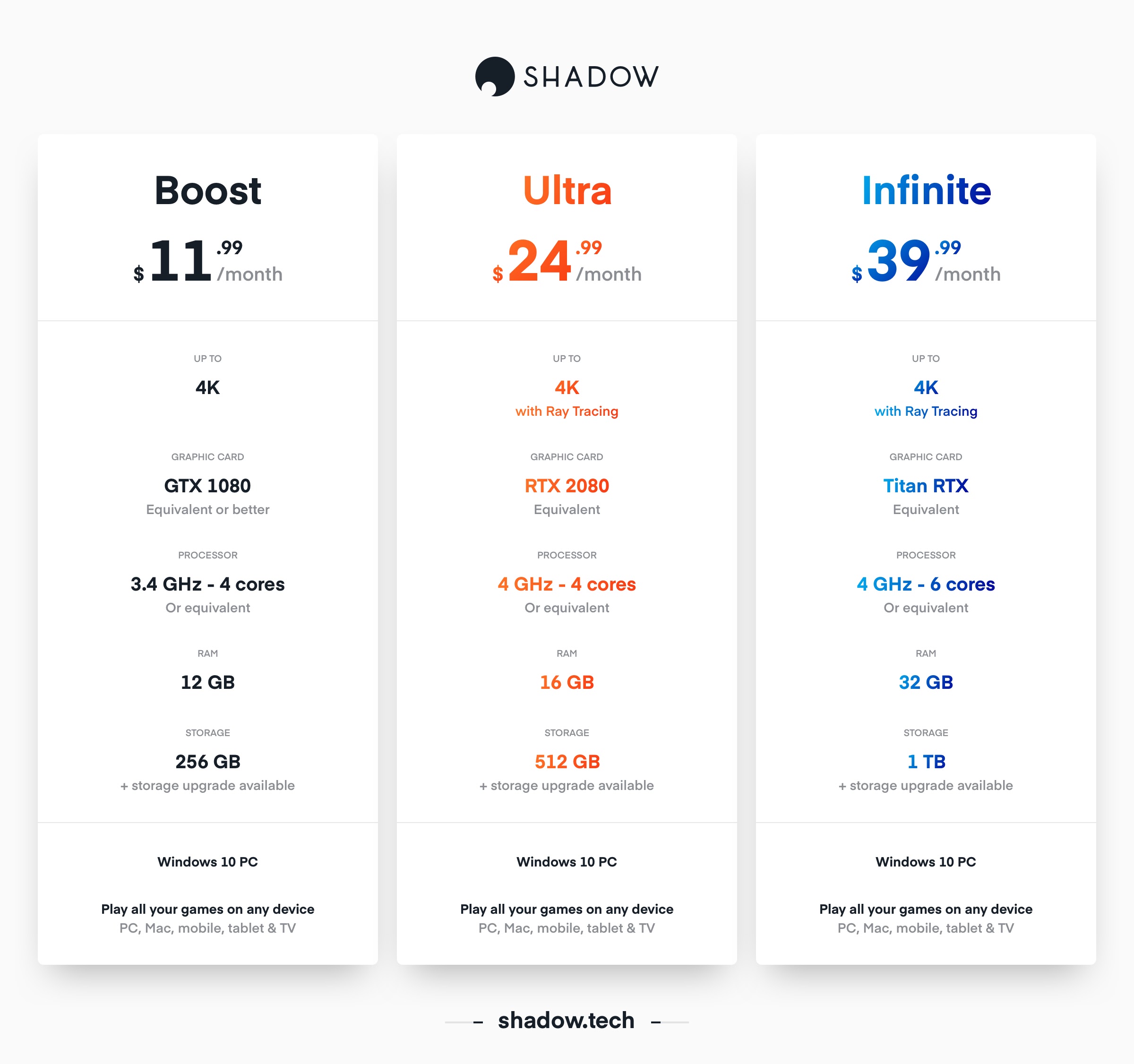Amazon and others have raised awareness of how the in-store shopping experience can be sped up (and into the future) using computer vision to let a person pay for and take away items without ever interacting with a cashier, human or otherwise. Today, a startup is announcing funding for its own take on how to use AI-based video detection get more insights out of the retail experience. Deep North, which has built an analytics platform that builds insights for retailers based on the the videos from the CCTV and other cameras that those retailers already use, is today announcing that it has raised $25.7 million in funding, a Series A round that it plans to use to continue expanding its platform.
Deep North’s AI currently measures such parameters as daily entries and exits; occupancy; queue times; conversions and heat maps — a list and product roadmap that it’s planning to continue growing with this latest investment. It says that using cameras to build its insights is more accurate and scalable than current solutions that include devices like beacons, RFID tags, mobile networks, smartphone tracking and shopping data. A typical installation takes a weekend to do.
The funding is being led by London VC Celeres Investments (backer of self-driving startup Phantom AI, among others), with participation also from Engage, AI List Capital and others. The startup is not disclosing its valuation, and previously Deep North has not disclosed how much it has raised.
Previously known as VMAXX, the Bay Area-based startup, according to CEO and co-founder Rohan Sanil, currently is in use by customers in the US and Europe. It does not disclose customer names, but Sanil said the list includes shopping centers, retailers, commercial real estate businesses and transportation hubs.
There are a number of retail analytics plays on the market today, but up to now the vast majority of them have been based on using other kinds of non-visual (and non-video) data to build their pictures of how a business is working, including logs of sales, card payments, in-store beacons, in-store WiFi and smartphone usage.
This list is, indeed, extensive and already provides a startling amount of data on the average shopper, but it has its drawbacks. Some people don’t use in-store WiFi; beacons are not as ubiquitous as CCTV; certain shopping data is a false positive, in the sense that if you don’t buy anything, it’s harder to track why not and where everything went wrong in getting you to shop; and perhaps, most importantly, you can’t see how shoppers are behaving, where they are looking and walking.
“The data collected [by these other means] is only 30-60% accurate and then extrapolated,” Sanil notes in a blog post. And that is not the only challenge. “The other is the enormous cost of the technology along with the software – which requires a team of programmers to get anything beyond stock analysis – plus being locked into a single vendor.”
Video systems “make a lot more sense,” he adds, and so does using those that are already installed in retailers’ locations. “The customers we see have no interest in deploying and paying for additional infrastructure, when the average store has several cameras already, and a typical big box store has dozens. Making our vision work means quantifying what a camera can see – and seeing through the cameras already in use.” The company typically integrates with 60-70% of a company’s installed cameras to run its analytics.
It’s that differentiation that has attracted investors. “Deep North’s platform allows retailers to gain real time insights on data points that were previously unattainable in the physical world. By leveraging existing video footage to understand activity and behavior, operators can now make informed decisions with the help of their prescriptive analytics engine,” said Azhaan Merchant of Celeres Investments, in a statement.
CCTV has had a problematic profile in the world of data privacy, where people pinpoint it as enemy number one in our rapidly expanding surveillance economy, and have ironically pointed out that it rarely is fit for the purpose it was originally set out to serve, which is deterring and identifying shoplifters. It’s notable to me that Deep North doesn’t actually ever use the term CCTV. (“Customers use a variety of terms for their cameras including CCTV, camera networks and loss prevention cameras so we’ve chosen to use a broader term that encompasses them,” a spokesperson said.)
Whatever you choose to call them, if a retailer has already made the leap into having these cameras installed, using them for analytics gives that business another way of getting a better return on investment. Sanil says that in any case, its platform is respectful of privacy.
“Deep North is not able to ascertain the identity of any individual captured via in-store footage,” he said. “We have no capability to link the metadata to any single individual. Further, Deep North does not capture personally identifiable information (PII) and was developed to govern and preserve the integrity of each and every individual by the highest possible standards of anonymization. Deep North does not retain any PII whatsoever, and only stores derived metadata that produces metrics such as number of entries, number of exits, etc. Deep North strives to stay compliant with all existing privacy policies including GDPR and the California Consumer Privacy Act.” (It has operations in Europe where it would need to comply with GDPR.)
Still, Deep North’s combination of computer vision with retail technology is a signal of a bigger trend. Many providers of security cameras have started to incorporate retail analytics into their wider offerings, and those that are concentrating on check out, like Amazon but also startups like Trigo, are likely also to consider this area too. Longer term, as retailers, but also their IT providers, look to get more intelligence about how their businesses are working in a bid for better margins, we’re likely to see even more players in this space.
For Deep North, that might mean also expanding into a wider set of products that not only are able to generate insights into how people shop, but then to use to those to build recommendations into how stores are laid out, or prompts to shoppers for what they might consider next as they browse.

Powered by WPeMatico

